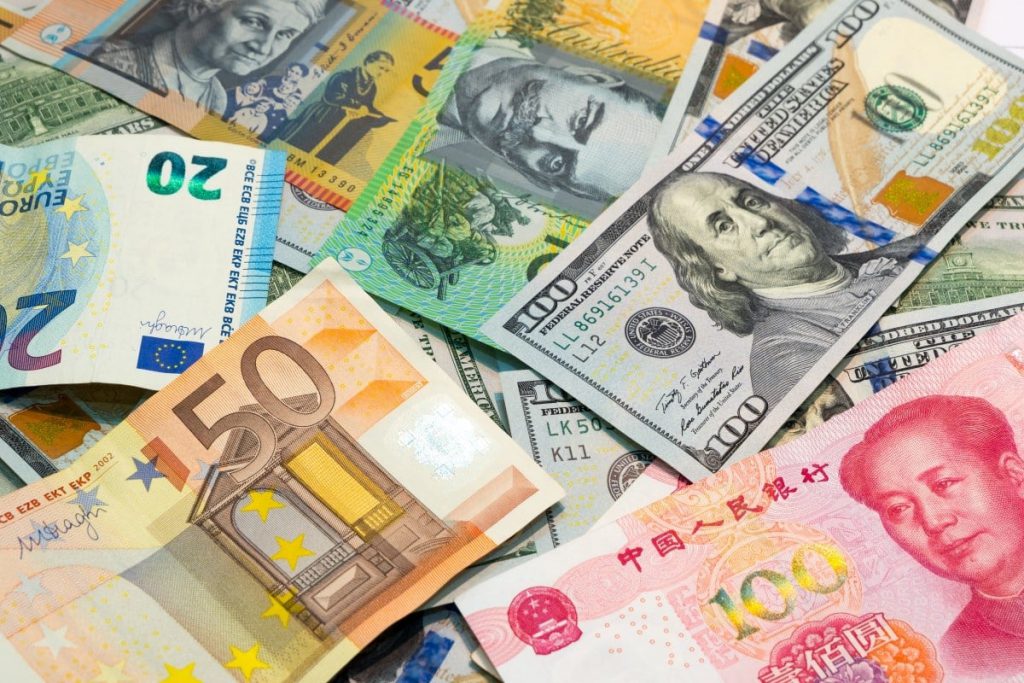
Dollar Surge to 104.17, Yen and Euro Tumble
Quick Look
- Dollar strengthens to a two-month high due to robust U.S. economic data.
- Strong jobs report and Fed Chair Powell’s comments favour patience over rate cuts.
- Dollar’s rise impacts yen, euro, sterling, and Australian dollar.
- Dollar index reaches 104.17, Fed rate cut expectations adjusted.
- U.S. Treasury yields jump, highlighting market anticipation of higher U.S. interest rates.
The dollar’s rise to a two-month high signifies a significant shift in trader sentiment, as recent U.S. economic data challenges previous expectations of aggressive Federal Reserve rate cuts. Following an unexpectedly robust U.S. jobs report and comments from Fed Chair Jerome Powell suggesting patience before reducing interest rates, the currency landscape has undergone a dramatic transformation. This combination of strong job growth and cautious central bank rhetoric has propelled U.S. Treasury yields upward, further reinforcing the dollar’s strength.
Yen and Euro Decline as Dollar Surpasses 104.17
The ripple effects of the dollar’s surge have been felt worldwide, with the Japanese yen dropping to its lowest level since early December at 148.82 per dollar before stabilizing at 148.43. Similarly, the euro dipped to $1.0762. This was its weakest point since mid-December, highlighting the widespread impact of U.S. economic indicators and Fed policy expectations. The dollar index’s climb to 104.17, a level not seen since December 11, reflects the recalibration of market expectations. These expectations have shifted from anticipating around 150 basis points (bps) of cuts to roughly 120 bps within this year.
GBP and AUD Weaken as Treasury Yields Surge: 2-Year at 4.445%
The adjustment in Fed rate cut expectations has not only influenced major currencies but also impacted others like the sterling and the Australian dollar, underscoring the global sensitivity to shifts in U.S. monetary policy. The sterling experienced a slight decrease to $1.2612 despite revised unemployment rates in Britain. At the same time, the Australian dollar dipped to $0.6501 after touching a low of $0.6487, highlighting the interconnectedness of global financial markets. Additionally, the increase in U.S. Treasury yields, especially the two-year yield’s rise to 4.445% after an 18 bps jump on Friday, indicates a market preparing for the possibility of higher U.S. interest rates over an extended period.
The dynamic adjustments in currency values and Treasury yields emphasise the critical role of U.S. economic data and Federal Reserve policy directions in global financial markets.


